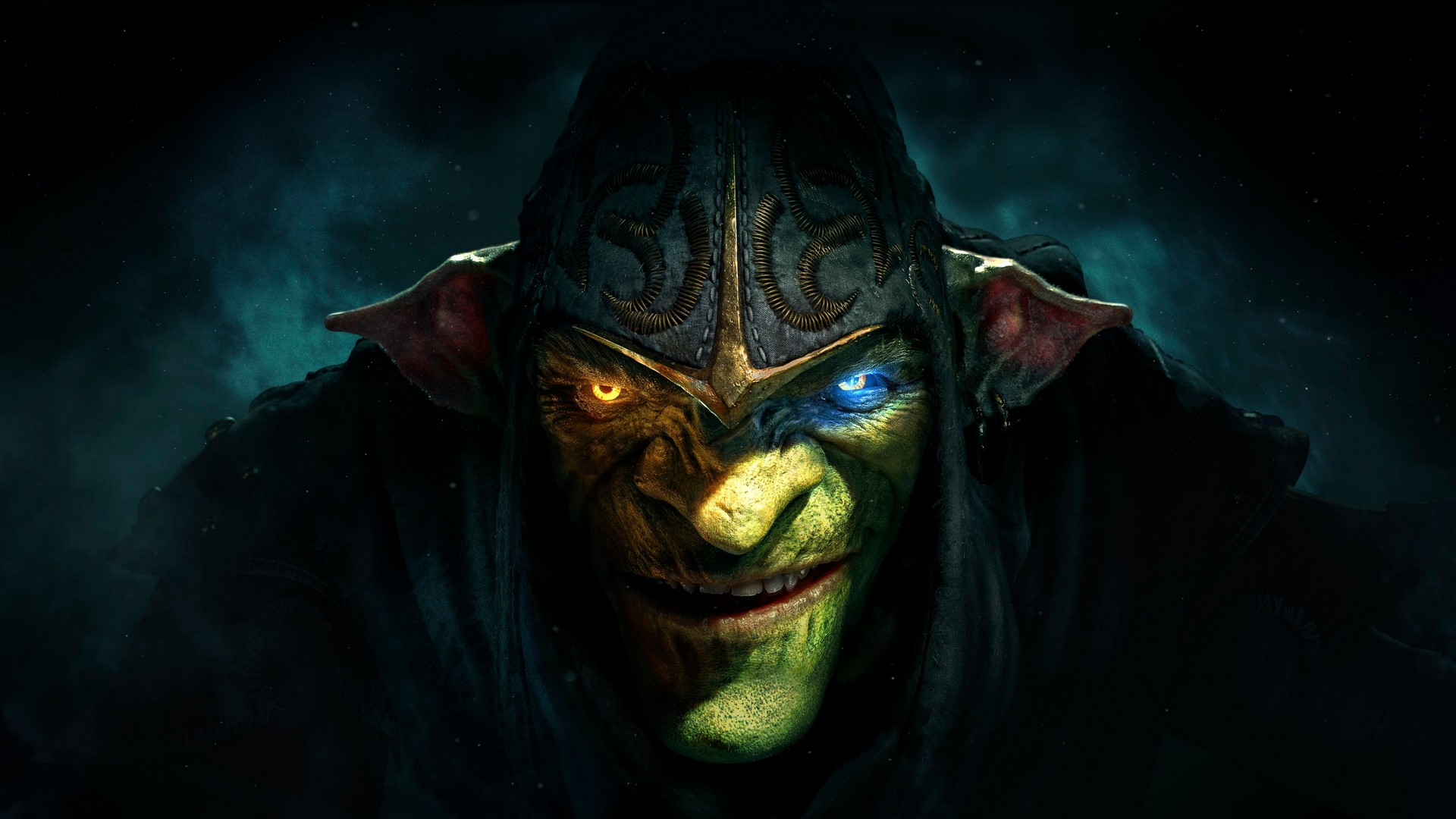Torment: Tides of Numenera's creators explain how they're following Planescape
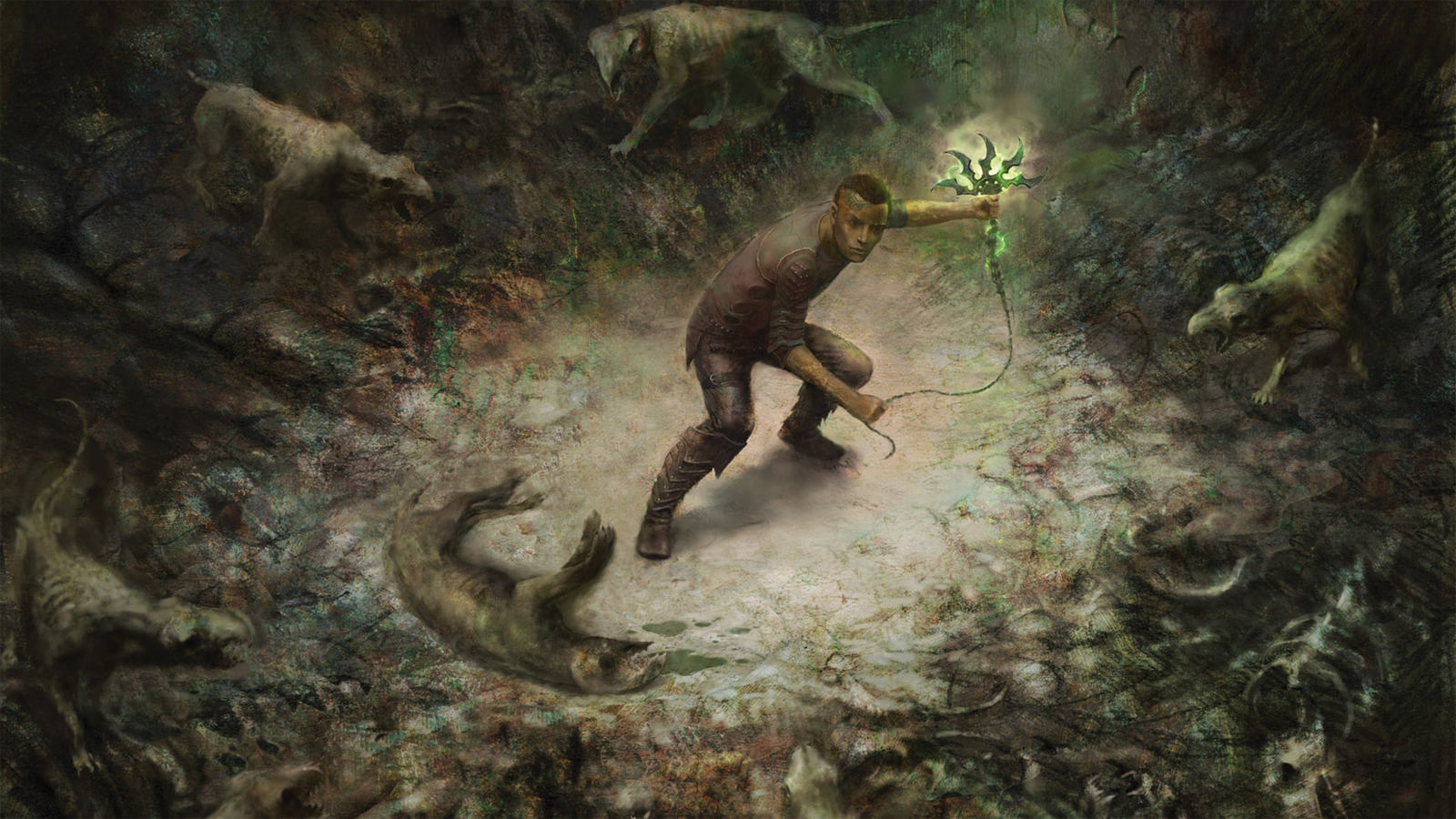
How do you follow up a stone-cold classic?
Younger readers out there might not know it, but a singular release back in 1999 came to define the PC RPG genre. Planescape: Torment was a narrative-driven and wholly original title that was held up for decades as one of the greatest stories in game-dom. Now, over a decade and a half later, fans have backed a spiritual sequel to the tune of over $4 million. With Wasteland 2 in its rear-view mirror, and a pocketful of tech borrowed from chums and one-time Planescape colleagues over at Obsidian, InXile is gearing up to follow a legend. The question is how?
How do you follow up one the most revered RPGs ever? We natter about narrative, converse about Crises, and figure out philosophies with Torment: Tides Of Numeneras project director Kevin Saunders and writer Adam Heine.
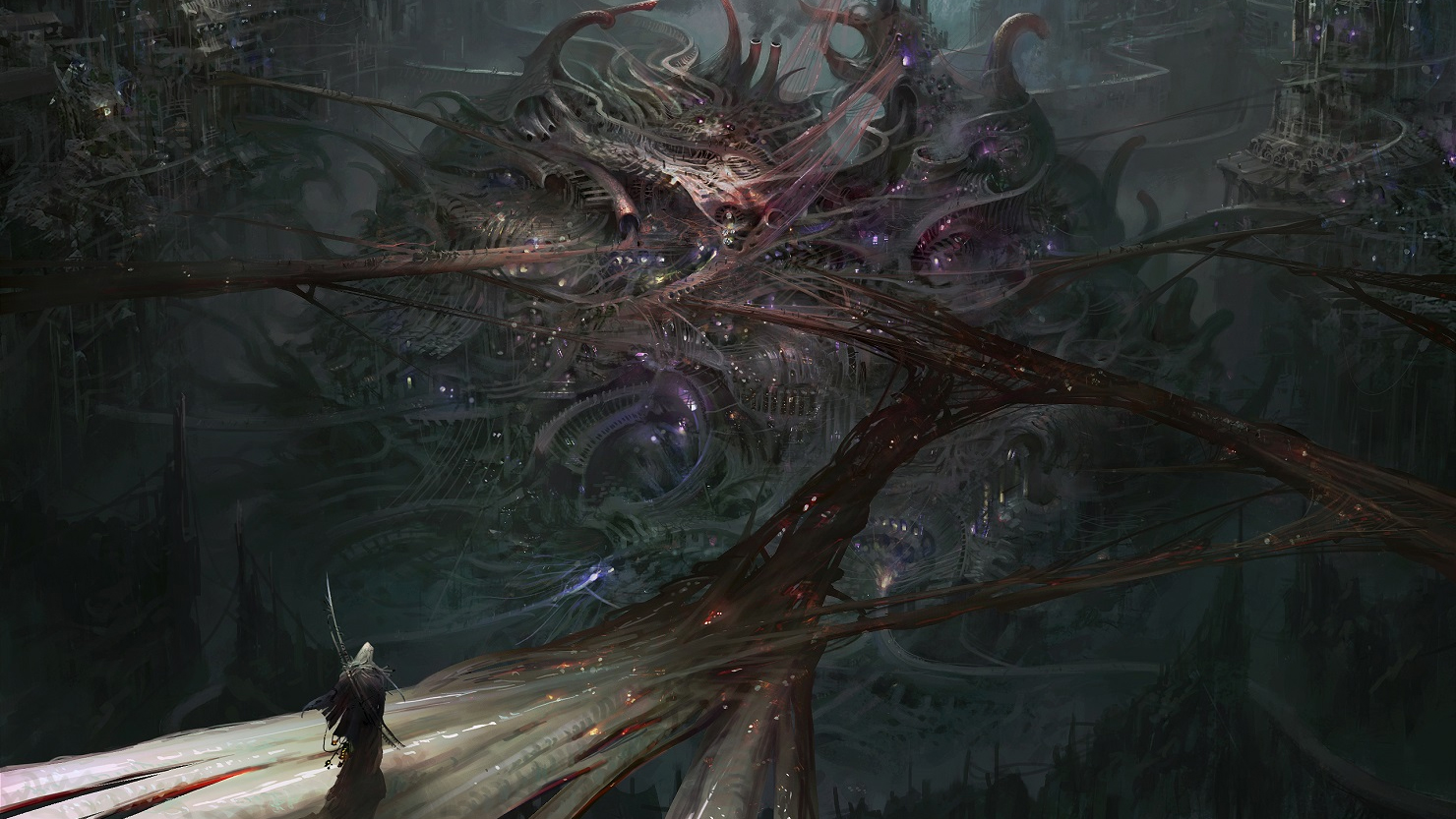
Q: What makes this older style of RPG so alluring to work with?
Kevin Saunders: There were things that you could do with a pre-rendered background that are harder to do and have it look as good in full 3D. In some ways its easier to reach a higher quality bar. Like if youre a fully 3D game then the expectations are very high in terms of the fidelity of the models and the animations and everything, and you cant really get something that looks good without spending a lot more money than a Kickstarter will provide. But with an older style we can reach a higher quality level.
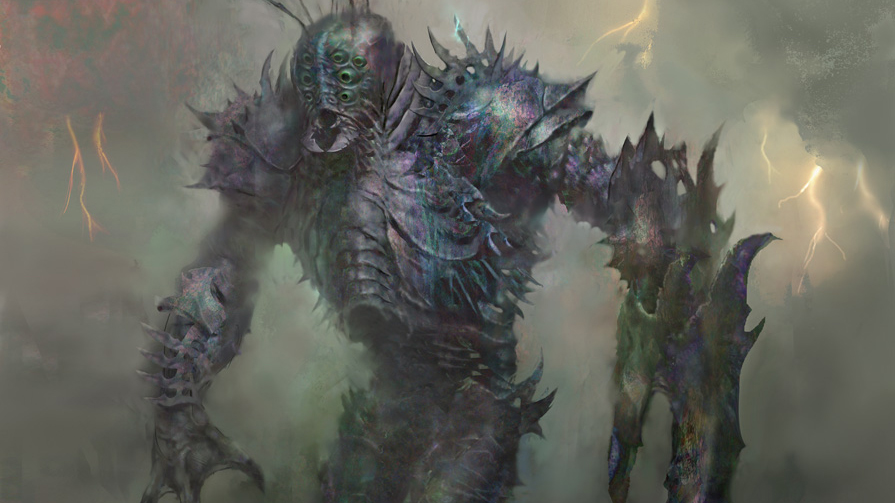
Q: How has work on Torment changed now that youve got the Wasteland 2 team on board?
KS: Weve tried, as much as possible, to stagger people coming on so we could assimilate them one by one instead of en masse.
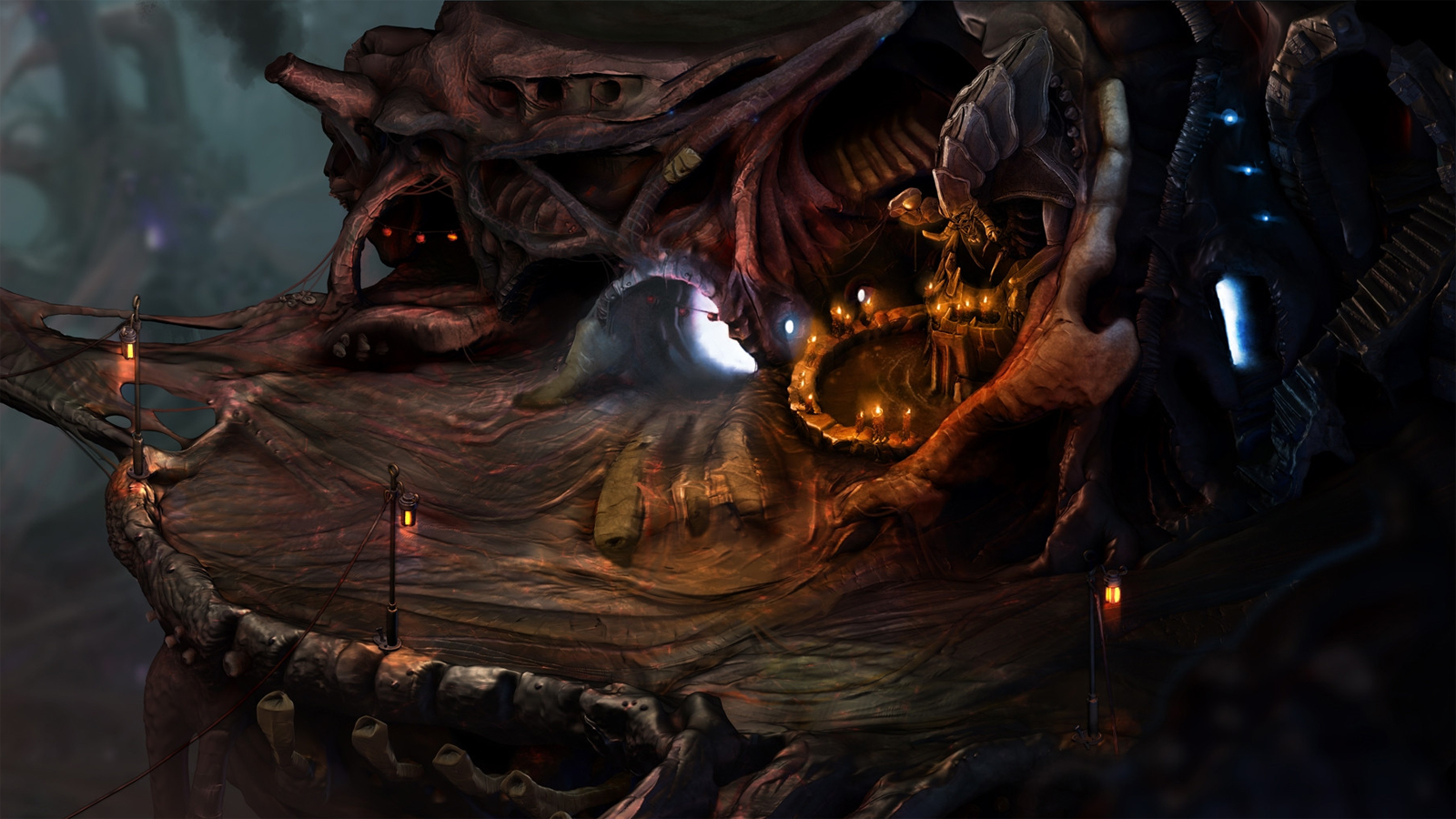
Q: Assimilate them?
KS: Well, Numenera is such an intriguing setting that weve found it takes some time for people to get it. And so its good to have a chance to get everyone thinking in the right mindset. Its a futuristic world but any of the science fiction that were used to wouldnt fit well. Something that would fit in Star Trek or Star Wars doesnt belong, so its tough for people to wrap their heads around.
Adam Heine: In almost all cases, once someone gets it, theyre just like Ohhh, thats cool! and then they have all kinds of crazy ideas that you couldnt do in typical sci-fi.
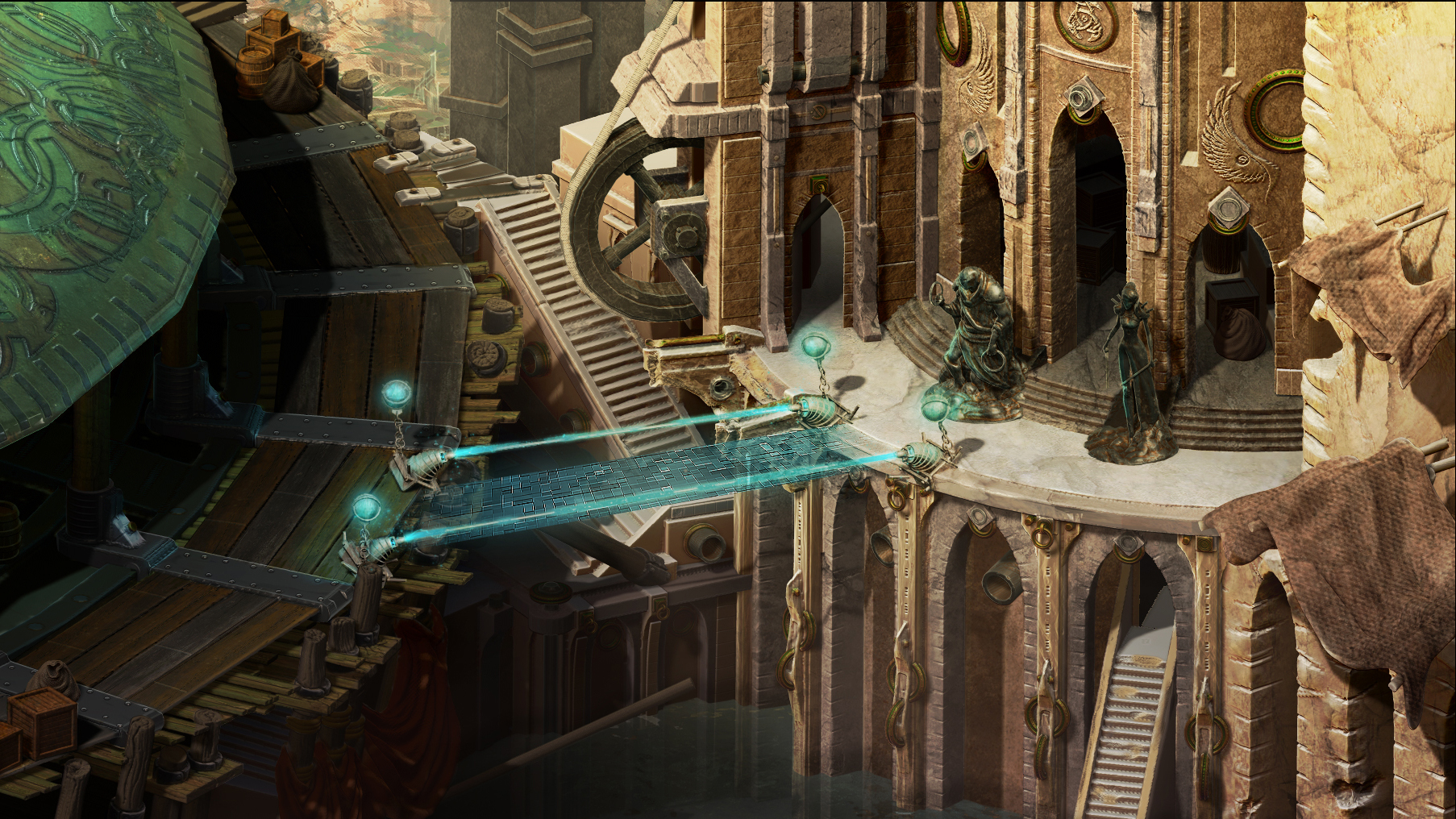
Q: Are you worried about players being similarly confused initially? Will you break them in slowly?
AH: Were pretty much throwing them in at the deep end. I mean, without spoiling anything, the beginning is just weird. But it feels right for a Torment game, because the thing about Planescape is: its weird. I mean, you wake up in a mortuary and then there are zombies just walking around but youre not supposed to kill them. You can talk to them. And this floating skull next to you is hitting on them! Thats your intro to the game, to the world.
KS: We want them to get that its different and start to understand why right away, but we dont want them to be so lost and confused that it seems like were disorganised! We want them to be assimilated into the world!
AH: How many times can we use that word in one interview?!
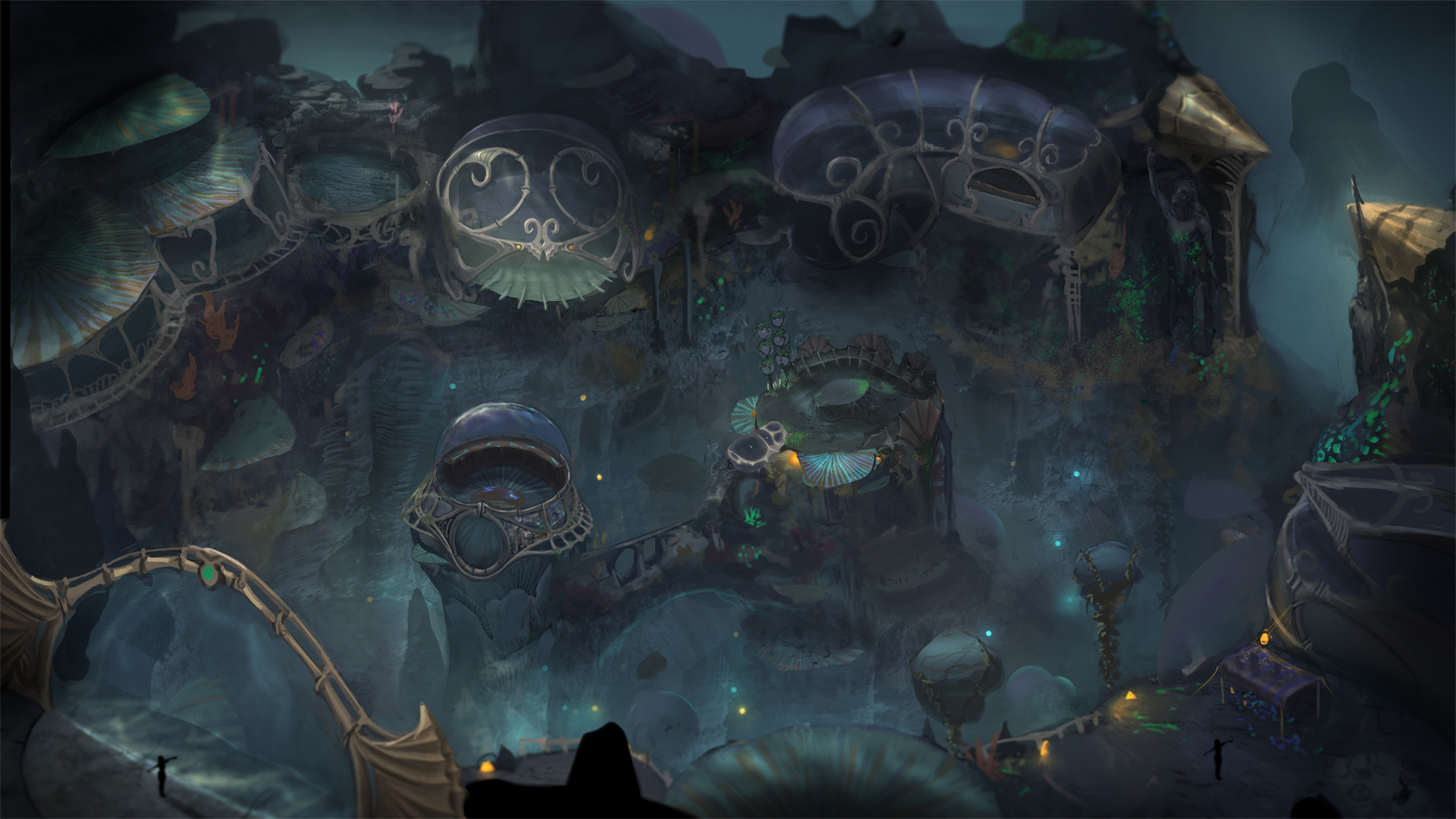
Q: Youre doing combat very differently from other RPGs, with each turn-based fight purposefully designed. Whats the philosophy behind this?
AH: Anything we do we want to do it at a high level of quality or not at all. I think once we figured out what we wanted our Crisis combat system to look like we looked at the story of our whole game and said, ok, how many Crises do we have in each zone of the game and which key story elements are going to be a Crisis? We know where all of them should occur, pacing-wise. And then after that, because we dont have a huge number of them, we can go in and design each one to be really cool.
KS: For example you can have a conversation in a Crisis, you could talk to someone who is set up as an opponent but maybe theres a way to convince them to stand down, or to distract them. Maybe youre not in a hostile situation yet, you can buy time while youre preparing somewhere else, or youre setting up or removing traps, interacting with other objects in the game world.
AH: One of the enemies has a special defence system and while people are attacking him or distracting him, other people could be figuring out how to hack into that system and wreck it.
KS: The key thing about the Crises is that theres some element of time pressure, which is why you go into a turn-based mode. So there isnt necessarily combat per se, there could just be something happening where you have to make decisions about what your strategy is, what order you want to try to accomplish things in to succeed.
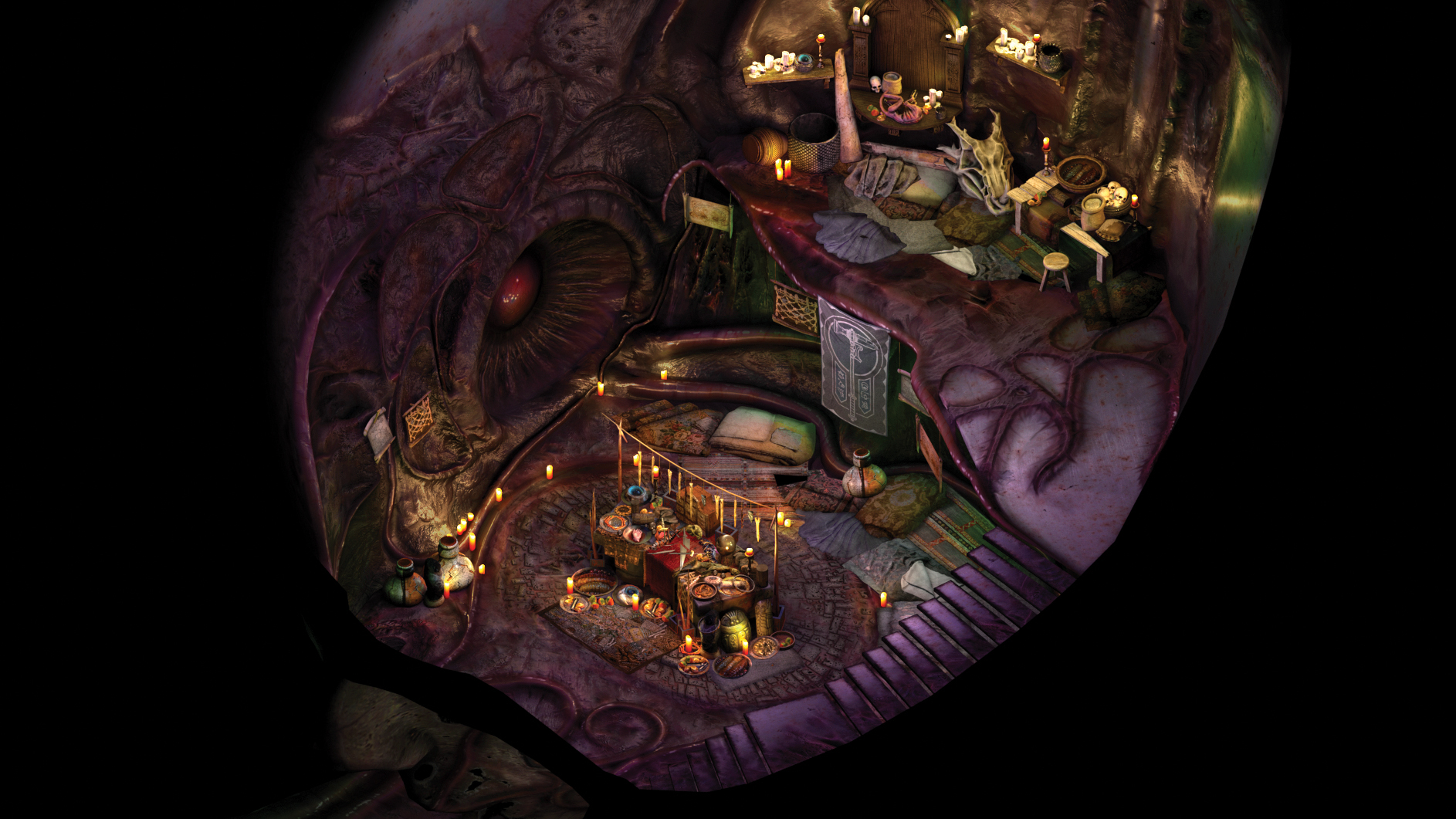
Q: What are Tides and why are they important in Numenera?
AH: The Tides system is the evolution of Planescapes alignments. So at the very base level, as you make choices it increases one of the Tides and that determines what your dominant Tides are. And then they have various effects, so they might change the critical hits of certain weapons, or certain NPCs will respond to you differently. Oh, and theres also the Tidal Surge.
KS: We havent talked about that before
AH: Every once in a while it comes out in sort of a blast. But what this blast can do is always bad for the person who it affects. It can do over-the-top spell-like effects. So if theres a protest in a town you could, if the Tides were right, basically start a riot just with the Tides.
Weekly digests, tales from the communities you love, and more
You are now subscribed
Your newsletter sign-up was successful
Want to add more newsletters?

Every Friday
GamesRadar+
Your weekly update on everything you could ever want to know about the games you already love, games we know you're going to love in the near future, and tales from the communities that surround them.

Every Thursday
GTA 6 O'clock
Our special GTA 6 newsletter, with breaking news, insider info, and rumor analysis from the award-winning GTA 6 O'clock experts.

Every Friday
Knowledge
From the creators of Edge: A weekly videogame industry newsletter with analysis from expert writers, guidance from professionals, and insight into what's on the horizon.

Every Thursday
The Setup
Hardware nerds unite, sign up to our free tech newsletter for a weekly digest of the hottest new tech, the latest gadgets on the test bench, and much more.

Every Wednesday
Switch 2 Spotlight
Sign up to our new Switch 2 newsletter, where we bring you the latest talking points on Nintendo's new console each week, bring you up to date on the news, and recommend what games to play.

Every Saturday
The Watchlist
Subscribe for a weekly digest of the movie and TV news that matters, direct to your inbox. From first-look trailers, interviews, reviews and explainers, we've got you covered.

Once a month
SFX
Get sneak previews, exclusive competitions and details of special events each month!
